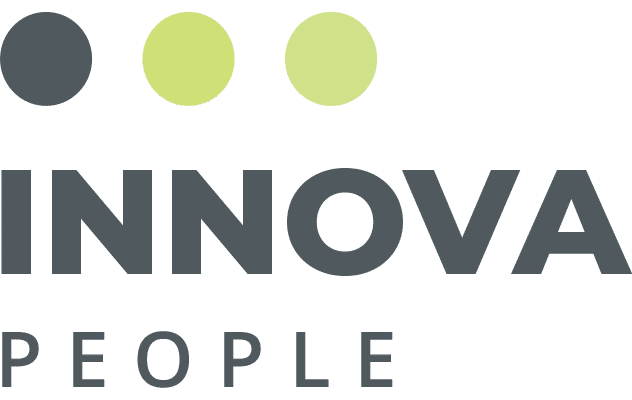The healthcare landscape is evolving rapidly, with nursing playing a pivotal role in shaping the industry. The global pandemic of the early 2020s accelerated the transformation of healthcare systems, emphasizing the resilience, adaptability, and essential nature of nursing professionals. The current state of nursing faces many challenges and advancements, and nurses continue to play a critical role in the ever-changing healthcare ecosystem. Let’s look at the current state of nursing and offer some tips on attracting and hiring them.
The U.S. Bureau of Labor Statistics projects 194,500 average annual openings for registered nurses between 2020 and 2030, with employment projected to grow by 6%. This provides excellent nurse employment opportunities. But where are they?
Why Nursing Supply Can’t Meet the Demand
Despite the increased recognition of the importance of nursing, many regions are grappling with workforce shortages. Before the onset of the COVID-19 pandemic, nursing shortages were a recurring issue influenced by various factors, including economic downturns, retirements among nursing professionals, rising healthcare demands due to an aging population, and nursing schools turning away aspiring nurses. In 2022, U.S. nursing schools turned away more than 91,000 qualified applicants from baccalaureate and graduate nursing programs due to insufficient faculty, clinical sites, classroom space, clinical instructors, and budget to accommodate them. As a result, the supply of newly qualified R.N.s is out of alignment with the growing demand.
How to Attract and Retain Nurses
Nurses represent the country’s largest group of healthcare workers, and the strain on nursing staff is evident. Hospitals and clinics struggle to attract and retain qualified nurses, with increasing workloads and the potential for burnout. In this competitive marketplace, intelligent strategies are needed to stand out from the crowd and hire the best nursing candidates. Here are some tips and nursing retention strategies:
Systems to Help Avoid Burnout
Due to insufficient staffing, nurses feel overworked in many healthcare organizations. According to a 2021 survey conducted by McKinsey & Company, the main reasons nurses left their jobs were “not being valued, inadequate pay, and unmanageable workloads are the top factors impacting surveyed R.N.s’ decisions to leave a job in the past 18 months.”
Implement systems to help nurses avoid burnout, like schedule flexibility, work-life balance, and wellness programs, which often take precedence over salary.

There are underlying structural issues—for example, workload and administrative burden—that affect the nursing profession and have been consistently acknowledged as root causes of burnout. Employers could take steps to reduce the administrative burden on nurses. More than a third of nursing respondents felt they spent excessive time working on electronic health records on breaks or after shifts and 45% reported that this activity adds frustration to their day. To help reduce this burden, employers can look for opportunities to delegate some documentation to nursing scribes, reduce documentation requirements, or use A.I. to aid with documentation.
Highlight Why You’re Different and How You Appreciate Nurses.
Workplace benefits such as meditation courses or discounted gym memberships can assist nurses in managing stress and enhancing their self-care abilities.
A career advancement path is critical to nurse retention. Emphasizing professional development and creating paths for professional advancement, such as offering continuing education programs or running formal mentoring and residency programs, is key.
Creating a flexible culture by implementing a more accommodating culture entails listening to and anticipating needs, such as staggered shift options.
Lastly, celebrate your nurses more than just during National Nurses Week.
The Crucial Role of Nurses
Despite the challenges and advancements, the essence of nursing remains grounded in compassionate, patient-centered care. Nurses continue to be the frontline heroes, advocating for their patients and bridging technology and human connection. Their diverse roles encompass caregiver, advocate, educator, and innovator, making them indispensable in the healthcare ecosystem.
As the healthcare landscape continues to evolve, it is crucial to address workforce shortages, prioritize mental health, and embrace technological advancements while preserving the core values of nursing. Nurses’ resilience, adaptability, and compassion position them as key drivers in shaping the future of healthcare. In honoring and supporting the nursing profession, we ensure a healthier and more compassionate world for all.
Contact INNOVA People today if you need help finding top nurses to grow your team.



